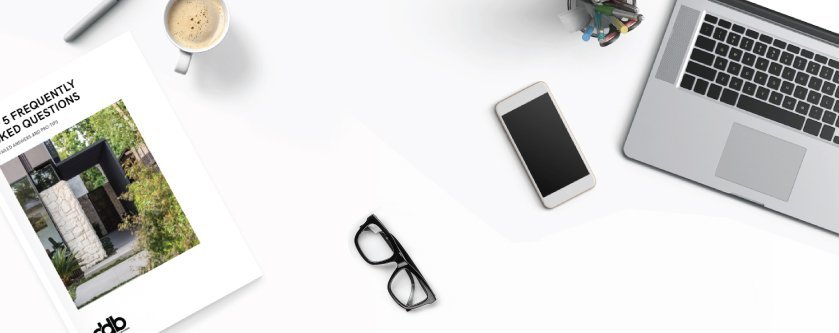
EMAIL # 262 -20TH APRIL 2024 - "BALANCING TEMPORARY AND PERMANENT"
Life is a Balance Between Temporary & Permanence.
“We long for permanence but everything in the universe is transient.” Sharon Salzberg
My family has owned a beach house for 20 years. This has been the keystone of our family life for the last two decades. I am often asked, “how can you justify owning a beach house?” Yes, the mind instantly goes to the financial costs, but for me the justification is much more philosophical than that.
Four weeks ago (Email #257) I wrote “Balance in life is a result of making consistently good decisions, knowing what your priorities are and acting on them.”
My answer to the above question is that the value of creating shared family experiences and rituals at the beach house far outweighs the financial cost.
These shared family experiences over many years have created a sense of belonging and security that is difficult to create in our current society.
I feel this justification can be extrapolated to cover all home ownership. It is the value of permanence over temporary. For example, home rentals on average change every 2 to 3 years, whilst home ownership changes every 8 to 10 years.
“Home ownership buys permanence and security.
Buy land they are not making any more of it.” Unknown
Striving for permanence in our lives takes will and determination, whilst temporary fixes are quick and easy. Achieving permanence and balance requires skills that have “staying power” and investing your time and money on appreciating assets.
Creative skills have staying power.
Most creative pursuits have permanence. Writing, creating art, designing houses, gardening all have permanence. Parenting and families also have far reaching staying power that affect numerous lives.
“Drawing is like making an expressive gesture with the advantage of permanence.” Henri Matisse
A work and lifestyle philosophy that supports striving for permanence is the concept of “slow productivity”, which embraces the concept of slowly and methodically working towards bigger objectives.
The definition of slow productivity is “learning new things and accomplishments without burning out.” The American author Cal Newport is a pioneer of slow productivity, who proposes that most of us live permanently on the edge of burnout.
“Aimless overwhelm defines our current culture” Cal Newport.
I love the concept of slow productivity and I have been inadvertently applying this philosophy most of my life.
My family and I are “doers”, we come up with a plan, then do it. Slow productivity is the way my family has been able to build/renovate 17 homes in 35 years.
Some of the strategies we have applied over the years that support slow productivity and building permanence are,
- Having clear common goals.
- Working together to utilize our complimentary skills.
- Working with your hands.
- Developing diverse creative skills.
- Getting up early and working from home.
- Managing the impact of social media and digital devices.
- Staying open minded.
- Developing a “worldly attitude” through international travel.
“Repetition is the only form of permanence that nature can achieve.” George Santayana
